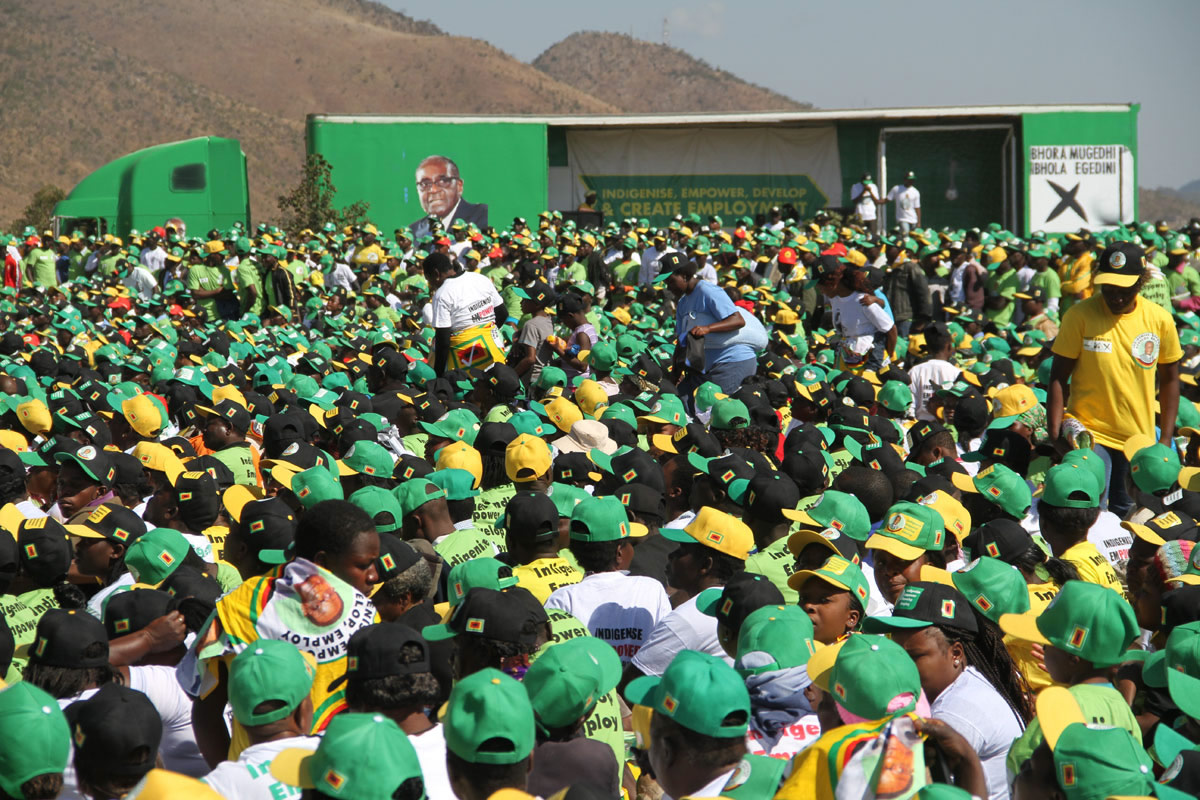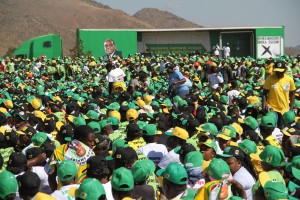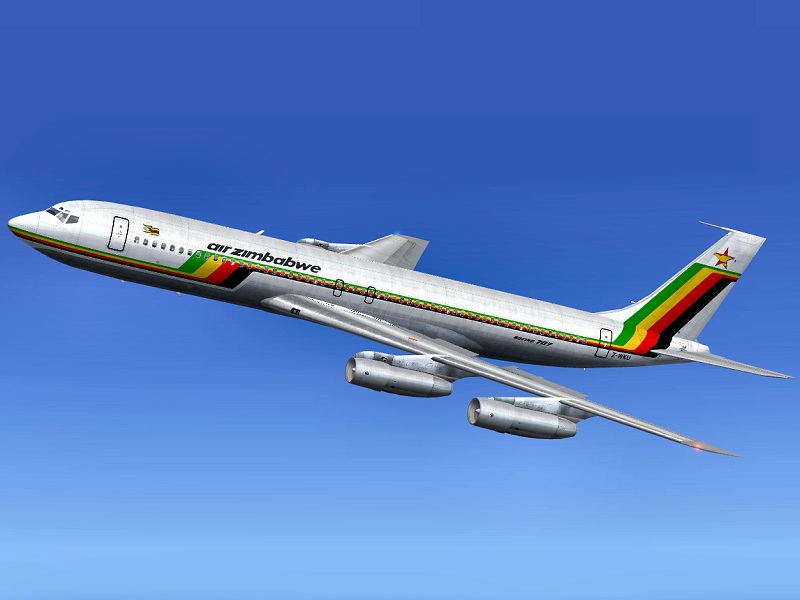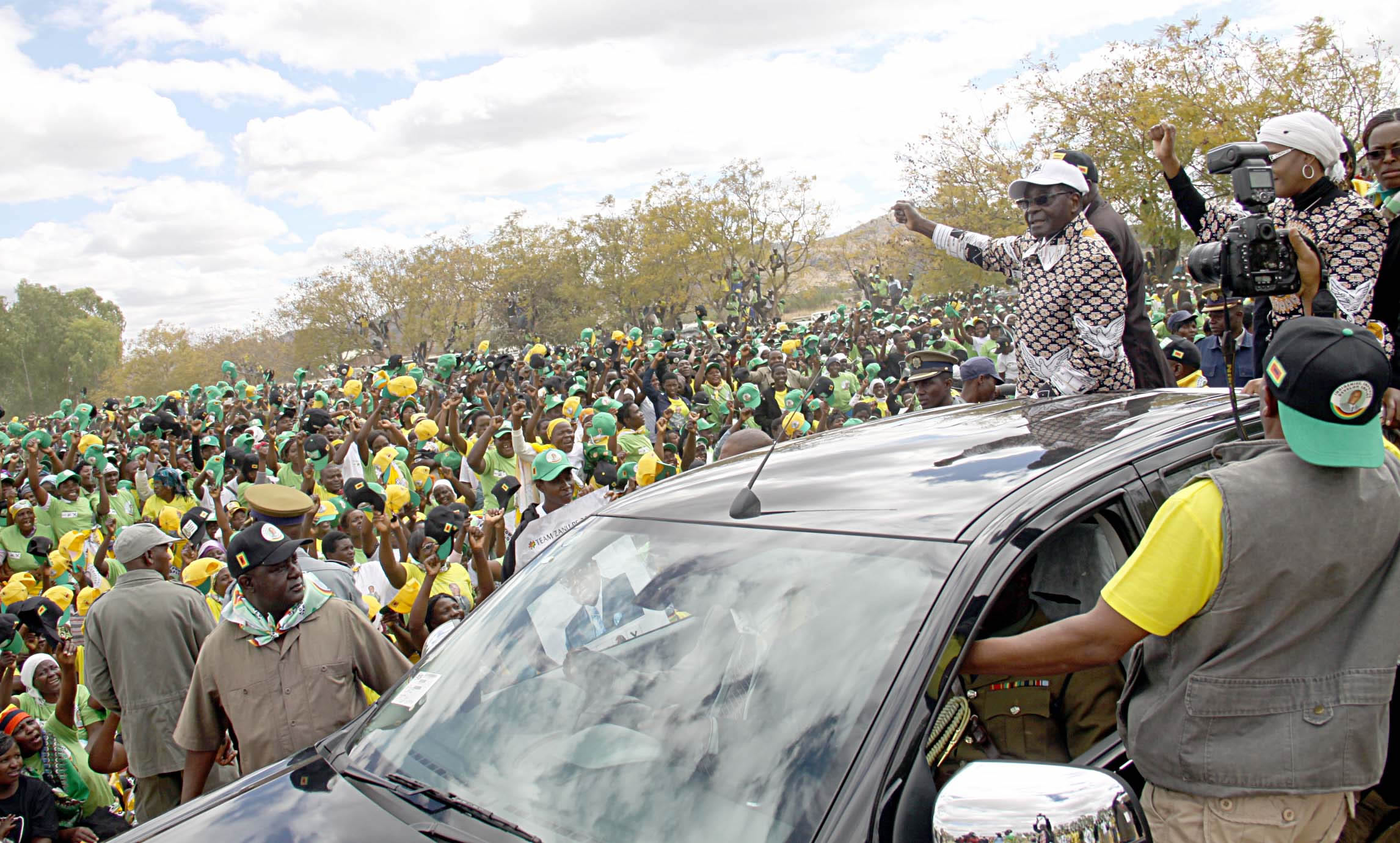Zanu-PF maintains dominance in Midlands

Khama Phiri
ZANU-PF extended its dominance over MDC-T in the Midlands when it won more seats under the women’s quota, provincial council and the Senate through the newly-introduced system of proportional representation. According to a list of results released by the Zimbabwe Electoral Commission (Zec) in the Midlands, the revolutionary party won more than 60 percent of the votes cast in the National Assembly election. Zanu-PF had a total of 283 795 votes while its nearest rival, MDC-T, had 126 407, which translated to less than half the total number of votes won by Zanu-PF in the 31 July harmonised elections. There were 426 108 votes cast in the Midlands, excluding spoilt ballot papers.
Zimbabwe’s new constitution states that 60 National Assembly seats are reserved for women to be picked by proportional representation. This means that the Lower House would have 210 directly elected members plus the 60 for the women’s quota. In the Senate, 60 representatives were elected on the basis of proportional representation from party lists depending on the number of votes each political party got.
Each of the country’s 10 provinces were allocated six seats each out of the 60 seats reserved for women and 60 senatorial seats.
Under the National Assembly women’s quota, Zanu-PF has four members while MDC-T has two. Cdes Annastancia Ndlovu, Tariro Mtingwende, Philivia Zhou and Melody Dziva will represent the revolutionary party under the women’s quota while Ms Emma Muzondiwa and Ms Teti Banda will represent MDC-T. The Welshman Ncube-led MDC did not manage to have any representation under the women’s quota because it only managed 15 906 votes in the province.
In the provincial council elections, Zanu-PF has seven members while MDC-T has three. These were nominated through a zebra system where a female candidate is nominated first followed by a male candidate.
The Zanu-PF provincial council list has Cdes Mary Moyo, Timothy Mhuri, Sophile Zhou, Douglas Tapfuma, Vairet Nhari, Jephias Mavokoshava and Dorcus Maposhere. MDC-T is represented by Ms Memory Mbondiah, Mr Willard Somerai and Ms Cathline Gozho. From the above list, one of the candidates will be elected to be provincial chairperson. Provincial chairpersons will run the affairs of provinces replacing provincial governors and resident ministers under the new constitution.
In the Senate, Zanu-PF had four members while MDC-T had two only. Cde Tsitsi Veronica Muzenda, daughter to the late Vice President and nationalist, Cde Simon Muzenda, Foreign Affairs Minister, Cde Simbarashe Mumbengegwi, Minister of State, Cde Flora Buka and Midlands Governor, Cde Jaison Max Machaya.
Zanu-PF which won a total of 160 National Assembly seats in the just-ended harmonised elections, managed to win 25 out of a possible 28 seats in the Midlands.
The revolutionary party gained four more seats when compared to the 2008 election when it had 21 seats. Zanu-PF managed to make inroads into Gokwe-Kabuyuni, Kwekwe Central, Zhombe and Silobela constituencies which were all won by MDC-T in the previous election.
Zanu-PF maintained its dominance in most rural councils and extended its gains in urban councils as it won more seats in the local authority elections than MDC-T. Urban councils were perceived to be MDC-T strongholds for close to a decade.
Shurugwi Town is predominantly Zanu-PF after the revolutionary party’s candidates won in eight wards while MDC-T has four. The last ward went to MDC. The party also made some improvements in the City of Kwekwe where it won half of the wards on offer, seven out of 14. There were no Zanu-PF councillors in the previous Kwekwe Council.
In Zvishavane Town, Zanu-PF managed to win four out of 10 wards with the remaining six going to MDC-T. In the last Zvishavane Town Council, Zanu-PF only had one councillor, Cde Francis Murombedzi of Ward 8. Zanu-PF also won back Gokwe Town. It now has five out of six councillors.
The revolutionary party maintained its dominance in Gokwe North and Mberengwa rural district councils where it won most of the seats on offer.
In Gokwe South, however, the winning candidate, Cde Moffat Madina of Zanu-PF, died on the day of the harmonised election on 31 July.
Harare-based political analyst, Mr Panganai Kahuni attributed Zanu-PF’s overwhelming victory in the just- ended elections to the party’s principles in its campaign where it promised people to enhance what they already have, like land and indigenisation of the economy. He said MDC-T campaigned for Zanu-PF by focusing on issues that did not affect the people.
“The MDC-T was complaining a lot on issues they failed to agree on with Zanu-PF when in Cabinet. They were always regurgitating what the US ambassador was telling them, promising people millions of jobs. But if one looks at the Marikana experience in South Africa where a number of mine workers were shot dead while striking for better salaries and improved working conditions, one will realise that a foreign controlled economy does not work.
The South African miners lost their lives because they were workers who did not have a say in the running of the mining company. MDC-T aligned itself with people who have permanent interests not permanent friends,” said Mr Kahuni.












Comments